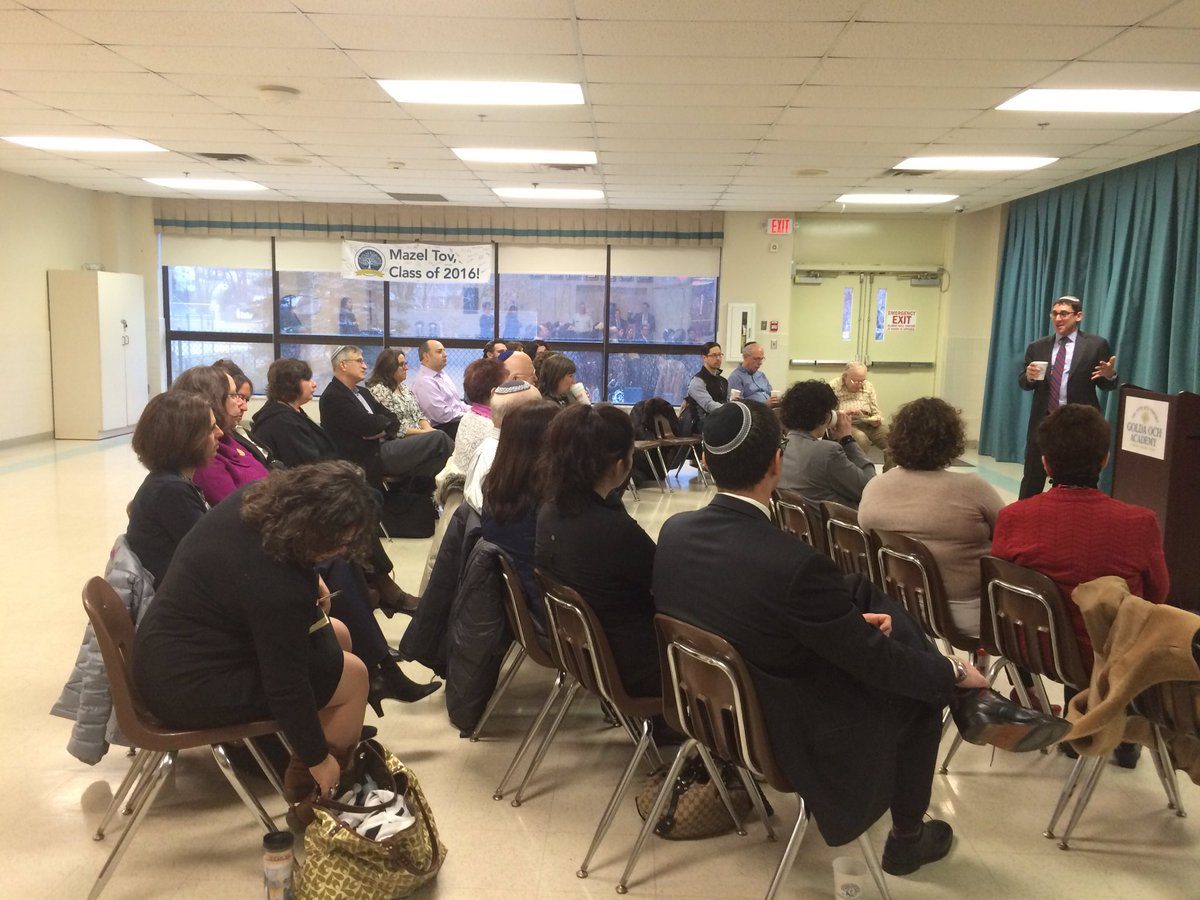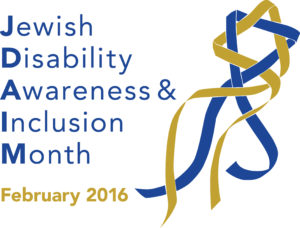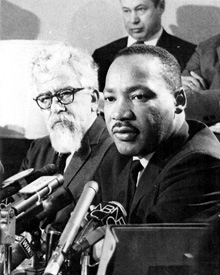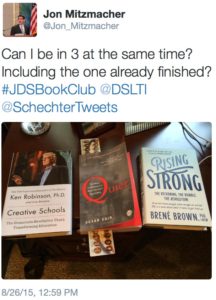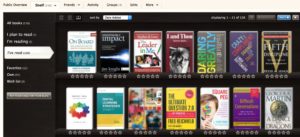 It has become a tradition for organizations to use the pedagogy of Passover to advocate for causes. We can change customs (“The Four Children”), add customs (“Miriam’s Cup), or adjust customs. One common adjustment is the addition of a “fifth question”. In addition to the traditional “Four Questions” we add one to address important issues of the day. You can go online and find a myriad of examples of “fifth questions” that deal with everything from hunger, drought, Israel, peace, etc., etc. You can find a “fifth question” for every cause. We did the same, here, at Schechter last year.
It has become a tradition for organizations to use the pedagogy of Passover to advocate for causes. We can change customs (“The Four Children”), add customs (“Miriam’s Cup), or adjust customs. One common adjustment is the addition of a “fifth question”. In addition to the traditional “Four Questions” we add one to address important issues of the day. You can go online and find a myriad of examples of “fifth questions” that deal with everything from hunger, drought, Israel, peace, etc., etc. You can find a “fifth question” for every cause. We did the same, here, at Schechter last year.
The confluence of the birth of NewOrg looming closer with the approach of Passover has me thinking about the generation who lived through the Exodus, particularly the enjoinment on us during this season to…
The Haggadah instructs us that, “In every generation, each person must regard himself or herself as if he or she had come out of Egypt.”
This is not simply a way to better enjoy the experience of Passover through role-play…this is literal. The Rabbis really wanted us to believe that we, too, experienced the Exodus. Theologically, this is in line with the idea that we all stood together at Sinai and received Torah. Again, not metaphorically, but truly. We were there and that changes everything.
Admittedly I am about to make a clumsy analogy…
…I am surely in no way suggesting that our current organizations have enslaved the field and NewOrg represents a promised land we are all about to enter!
But.
My “fifth question” for NewOrg is this: How can we inspire the field to believe that they, too, were part of NewOrg’s creation story?
I ask the question because I believe the second part of the analogy is powerful – being part of transformational change is more empowering than having transformational change happen to you. And that changes everything.
As I am not an innocent bystander, I will offer a few thoughts…
I hope we (Schechter) did our best to share out with our schools what was happening when and why as transparently as events allowed. I know we tried.
I hope we did our best to allow our schools to provide meaningful feedback before, during and after the organizational voting to ensure their needs will be met. I know we tried.
I hope we have been accountable to schools since the news went public. We have written about how we think this impacts Schechter and the field. We have done a significant number of in-person briefings. But we could always do better.
I know that we (NewOrg) are working hard to include as many voices as reasonably possible during this period of transition to get it as right as it can be for Year One. Our staffs at all the legacy organizations are exerting extraordinary energy to finishing their current work with strength and dignity while beginning work on a future with great potential and promise. But we could always do better.
My Passover wish for our current organizations, our schools, our field and our people is that because of the work we will do together in this generation, that future generations of Jewish day school leaders, donors, teachers, parents, and students will enthusiastically embrace the notion that they, too, were there when it happened. Because that changed everything.
Wishing you a chag kasher v’sameach…



